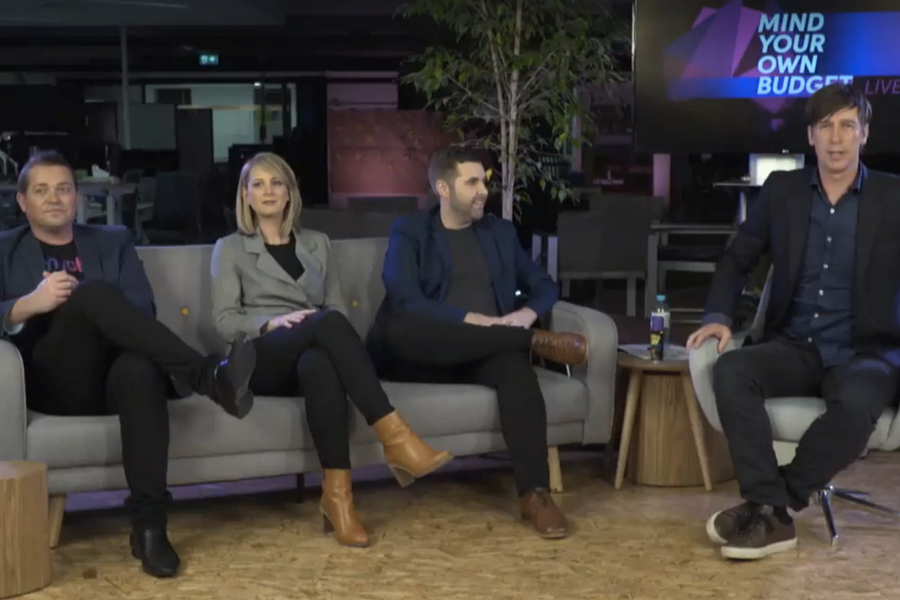Last night I had the pleasure of being part of a new approach by accounting software company MYOB to eradicate the often confusing jargon used on Budget nights by industry leaders, politicians, journalists, and instead make the Budget simple and accessible to the everyday Australian.
I feel that the live #MYOBudget initiative was both fun and informative, with myself and fellow panellists Nicola Hazell, Pamela Madytionis, Simon Dennis and host Matt Hardy were able to highlight some of the key wins and concerns of the Budget across a broad range of issues in a very short amount of time.
I do believe that some of the initial commentary put out by the startup ecosystem last night was at the very least premature and perhaps a little ill-informed, however.
As our Head of Content, Gina Baldassarre points out in her piece on Budget 2017 the Turnbull Government has commissioned a Strategic Plan from Innovation and Science Australia around what innovation in Australia should look like in the future. This will be delivered in the last quarter of 2017 – indicating a NISA version 2.0 of sorts may be on the horizon.
Last night on the couch, I was critical of the obsession in the startup ecosystem of needing to use certain buzzwords in order to feel validated by Australian society and our Government.
That type of distraction meant key commentators within our ecosystem failed to recognise the big picture opportunities that will exist for startup companies as a result of the sizeable investment being made in regional infrastructure like rail transport, the establishment of the Regional Growth Fund, the increased investment into the Building Better Regions initiative, and the launch of Regional Jobs and Investment Packages.
There is nothing saying that metro-headquartered startups cannot leverage regional-focused incentives to scale parts of their business like their development teams.
Other initiatives cited around addressing skills gaps and STEM education will help to transition and up-skill these communities, connect our regional and metro centres in a meaningful way, and create a startup ecosystem that leverages our wide sparse land-mass – and make it a unique strength of the Australian startup ecosystem.
Dave McClure from 500Startups has reiterated time and time again we need to stop trying to emulate other startup communities and create our own – regional and rural Australia is key to that exercise.
My final thought goes to those who look at the investment in regional Australia right now and refuse to believe that the nearly 1.3 million entrepreneurs across the regional Australian landscape are small business owners not building scalable startups…
There once was a digital agency in Cronulla that used to do client work sending out email marketing campaigns for clients, and it was a relatively small operation once upon a time – a small business, if you will. The founders of the business then decided to leverage technology to help make things in their business more efficient. That small business is today called Campaign Monitor, has over 800,000 customers globally, and we call it a startup.
Because it has achieved scale.
For #Budget2017 we here at Startup Daily are going to focus on recognising the opportunities that exist for innovation across the various initiatives. It is those opportunities that will scale and those companies will in turn be startups we write content about.




















Trending
Daily startup news and insights, delivered to your inbox.